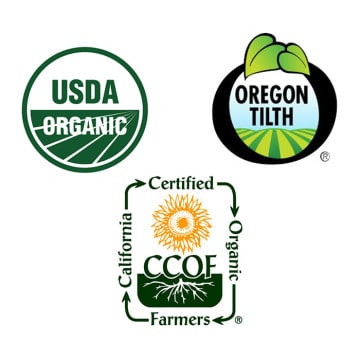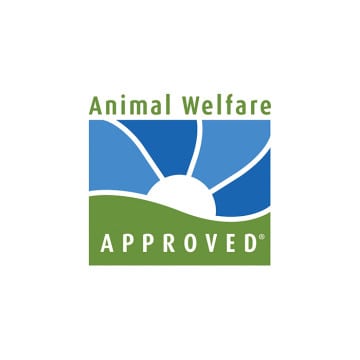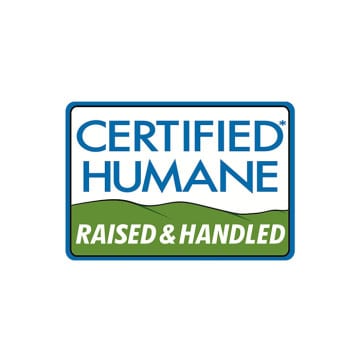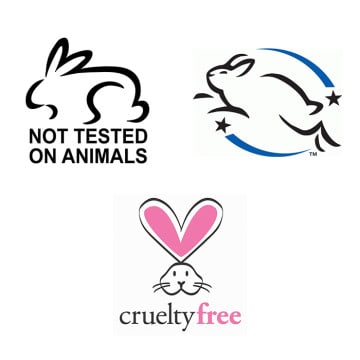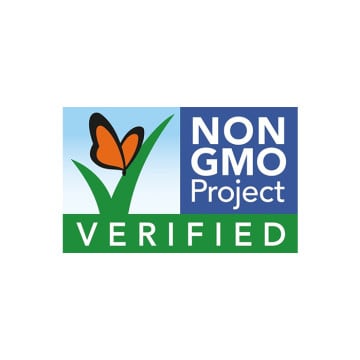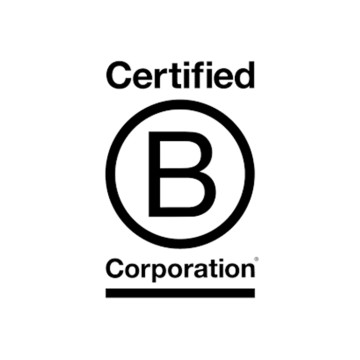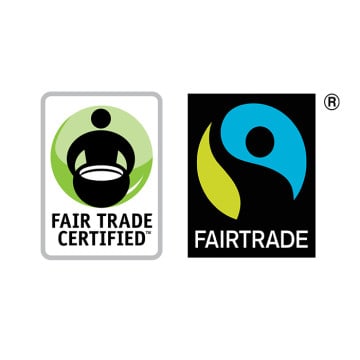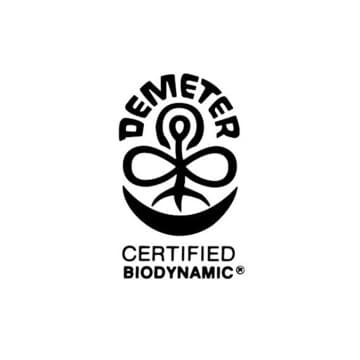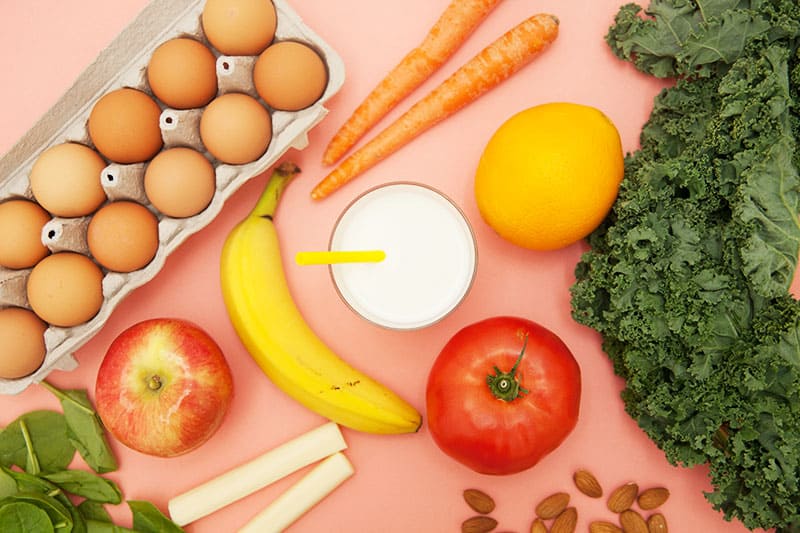
Guide To The Grocer: Avoiding False Advertising At The Supermarket
Written by Kate MacLean
Photography by Photographed By James Kicinski-McCoy
Nielson has documented that 75% of millennials are regularly willing to pay more for an ecologically-sensitive product than any other generation. Given that this subset of the population will only grow older and thereby increasing in their buying power, businesses have taken note. No matter a businessperson’s personal reluctance to adapt to the changing climate, this potential for economic gain has been embraced wholly and has produced a flood of new products to the market each promising—vaguely—to protect you, your skin, your body, and the earth.
Taken at face value, many of these products seem benign, even progressive, in what they purport to be. But, their advertising words have been designed to be intentionally vague, often recklessly so, lulling the consumer into a false world of security. The wording they choose on a package is directly correlated to what they think will make you buy it, not necessarily what it is. Consumers, being a mostly trusting and lazy lot, tend to take these words—this advertising—at its face value, making assumptions about the products they are purchasing that are dangerously false. The practice is called greenwashing, and since the organic movement took off in the late aughts, the competition has been left to either adapt or lie by marketing trickery. Unfortunately, many have opted for the latter, assuming the cost of new confusing labels to be more efficient than true adaptation to a more conscious market. The FTC ostensibly has authority over false advertising, but they have not yet been able to effectively monitor the nuances of this issue.
One of the important distinctions you must understand in labels is that there are those words that are backed up by third-party certification, and then there are those words that have the broadest possible definition and lack any certifying body.
Sadly, false advertising is enjoyed with relative impunity in the country. You cannot blindly trust that since something is sold in a store, its claims must be true. When shopping for your family, you must take each label into consideration and pay special consideration to those products with the following certification logos. Keep in mind, of course, that each country has their own versions of many of these labels. When traveling abroad, you will need to do your own mini investigations to search out the most truthful products. This does take a dedication of time at the offset. Each label has to be considered. But, once you have found a handful of brands you can trust, the shopping will get infinitely less complicated. You can then rest easier knowing you are doing your best to protect your children’s health and that of our planet.
Any product that uses the following words should not be purchased merely on blind trust in the company. These words are meaningless; there is no set of standards to back up them up. Be aware that the use of these words is highly suspicious and can be a great indication that the company is deliberately trying to mislead you. Products with these words would bare much further scrutiny to see if any certifications have been sited on the packaging to backup their claims.
Words to be highly scrutinized:
Green
Eco-friendly
Non-toxic
Chemical-free
Healthful, or Healthy
Natural
Humane
Cage-free
Pasture-raised
Heritage
Farm-fresh
Sustainable
Organic (needs to have a badge!)
Beyond organic
No preservatives
The following slideshow also showcases words that must have a certified badge accompanying them.
- Certified Organic
- Animal Welfare Approved
- Certified Humane
- Not Tested On Animals
- Non-GMO Verified
- B-Corp Certification
- Fair Trade
- Certified Biodynamic
Share this story

